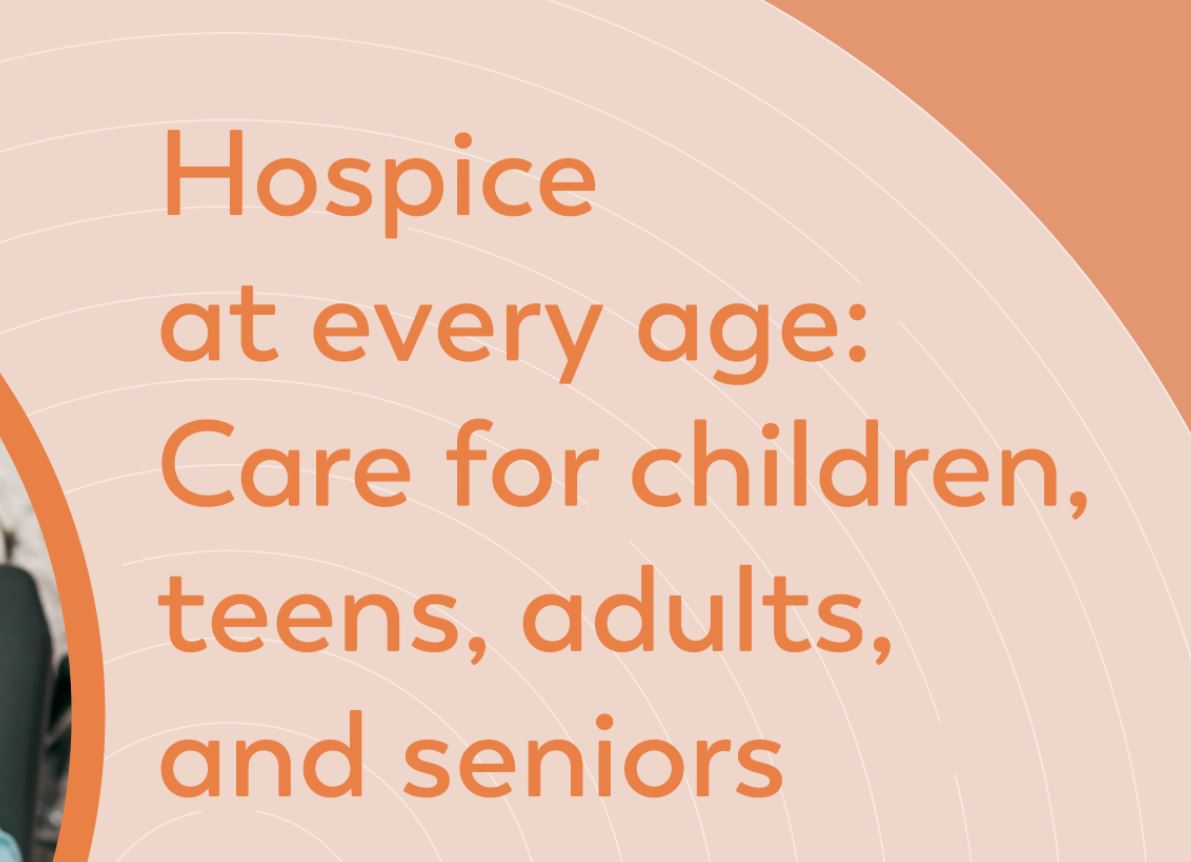If you think of the word “hospice,” what’s the first image that comes to mind? For some people, it may be elderly men and women in wheelchairs, staring blankly out a window. Talk to someone here at Centrica Care Navigators, or take a look around our website, and you’ll quickly see that’s not what end-of-life care is like at all. And older people are not always who we serve.
It’s a myth that hospice is only for the elderly. The fact is, though, end-of-life care is for anyone of any age who has a life-limiting illness.
Ask a medical professional, and they’ll tell you hospice care is defined as care for anyone who has been diagnosed as having 6 months or fewer left to live. In a lot of cases, that is older people. But terminal diseases like cancer or heart disease can affect people of any age.
When it’s time for care
Most patients in hospice and in palliative care are considered seniors, in their 70s, 80s, or even older. But every year, we have patients who are in their 30s and 40s, as well as children.
In 2021, just over 1% of the people admitted to Centrica Care Navigators service were age 29 and younger, a number which has been pretty consistent over the last few years. It may not seem like many of the people we care for, but it’s a clear reminder that hospice really is for everyone even here in our southwest Michigan community. It’s not just for the elderly.
Every person’s situation is unique, but there’s something that we do for all of our patients, regardless of their illness or where they’re living: We treat them with respect and provide the compassionate care they deserve.
The guidelines for caring for a young person are very similar to how we help older adults — our physicians and nurses provide appropriate care, and our social workers, chaplains, and others address issues that affect the patient and everyone they care about, whether that’s a spouse or a child’s parents.
Hospice is a type of care for anyone who needs it, regardless of their physical and mental condition or their age. Our guide “When Death Is Near” discusses the physical and psychological changes that often come with dying. That’s everything from loss of appetite to restlessness and decreased circulation – things that can happen to anyone.
It’s the same for advance directives, where a patient decides who can make medical decisions on their behalf. A parent or guardian will make those choices for an underage patient, but it’s always something that’s considered by patients, caregivers, and hospice staff working together to support the patient.
Everyone ages 18 or older can make legal decisions about their own lives — not just advance directives, but a will or other instructions too. A Centrica Care Navigators social worker can help a patient and their family manage what can be a challenging and confusing task.
Not just for the elderly
Hospice care can help more than just older adults. The skills and resources we have available here at Centrica Care Navigators – and in end-of-life care in general – are for everyone, no matter what their age. The myth is that hospice is only for the elderly. The truth is that end-of-life care at Centrica Care Navigators is for everyone with a serious illness.
You can learn more by exploring our website or calling Centrica Care Navigators at 269.345.0273.




